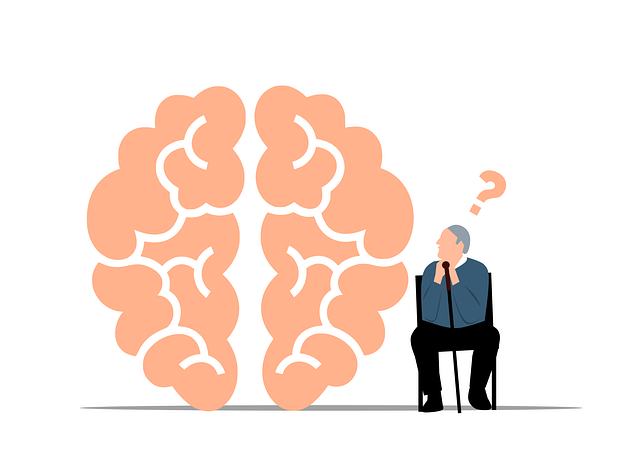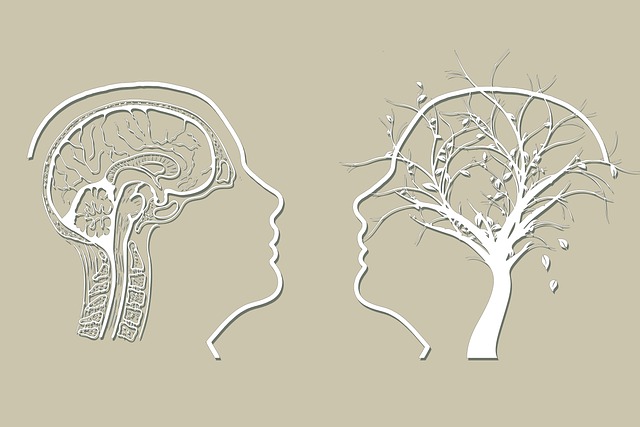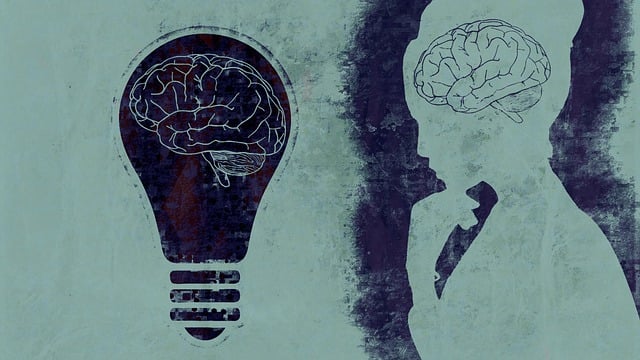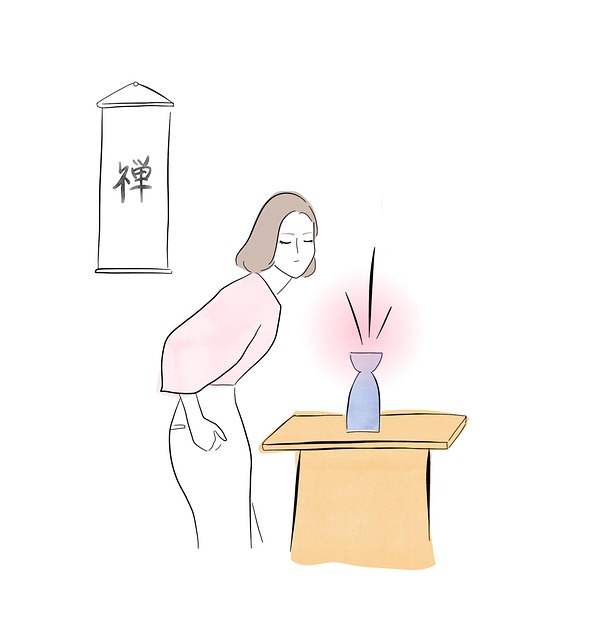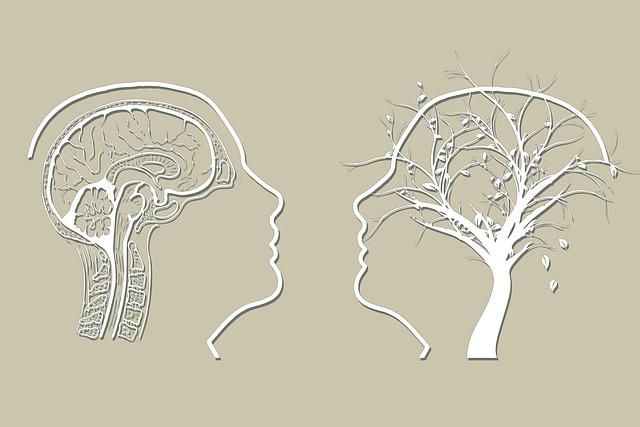Social Skills Training (SST) is an effective therapy approach targeting individuals with mental health conditions, especially postpartum depression. It focuses on teaching practical skills for social situations, enhancing communication, and building relationships. For children, SST can improve peer connections, foster a sense of belonging, and lead to better mental health outcomes. In the case of PPD in mothers, it can mitigate its impact on children's social development. Through role-playing, group discussions, and cognitive behavioral techniques, SST enhances social interactions and self-care practices, contributing significantly to healing. While implementing SST comes with challenges like tailoring it to diverse needs, compassion cultivation practices can overcome these barriers, making it a promising approach for therapy in children with postpartum depression.
Social Skills Training (SST) is a powerful therapeutic intervention offering hope for individuals with mental health conditions, especially those affecting social interactions. This article explores SST’s potential, focusing on its application in addressing postpartum depression and its impact on children’s social development. We’ll delve into strategies for implementing SST in therapy and uncover the benefits and challenges associated with this approach, providing insights for professionals seeking effective treatment options for mothers and their children.
- Understanding Social Skills Training
- The Impact of Postpartum Depression on Children's Social Development
- Strategies for Implementing Social Skills Training in Therapy
- Benefits and Challenges of Social Skills Training for Mental Health Conditions
Understanding Social Skills Training

Social Skills Training (SST) is a therapeutic approach designed to help individuals, especially those with mental health conditions like postpartum depression, improve their interpersonal interactions and overall well-being. This form of therapy focuses on teaching practical skills to navigate social situations, communicate effectively, and build meaningful relationships. SST can be particularly beneficial for children who may struggle with peer connections or experience anxiety in social settings.
The process involves identifying specific social challenges and tailoring strategies accordingly. Through role-playing, group discussions, and cognitive behavioral techniques, individuals learn to manage stress, boost confidence, and develop coping skills that enhance their daily lives. By mastering these skills, those affected by conditions like postpartum depression can improve their support networks, foster a sense of belonging, and ultimately contribute to better mental health outcomes.
The Impact of Postpartum Depression on Children's Social Development

Postpartum depression (PPD) is a significant mental health condition that can have profound effects on new mothers and their children. When left untreated, PPD can impact a child’s social development, hindering their ability to form connections and interact with peers. Research suggests that infants born to mothers experiencing PPD may display delays in social and emotional milestones, such as smiling, interacting, and forming attachments. These early challenges can set the stage for ongoing difficulties in social skills and peer relationships as the child grows.
The impact extends beyond the initial stages of development. As children with PPD-affected mothers mature, they might struggle with empathy, communication, and managing emotions, all essential aspects of healthy social interactions. Therapy for children with PPD often involves targeted interventions to foster social skills, teach coping mechanisms, and promote self-care practices like stress reduction methods and compassion cultivation practices. Through these therapeutic approaches, children can learn to navigate social situations more effectively, build positive relationships, and improve their overall well-being.
Strategies for Implementing Social Skills Training in Therapy

Implementing Social Skills Training (SST) in therapy sessions is a powerful approach to enhancing social interactions and improving mental well-being, especially for individuals dealing with conditions like postpartum depression or seeking therapy for children. One effective strategy involves role-playing scenarios tailored to the client’s specific challenges. Therapists can create safe environments where patients practice essential social cues, communication techniques, and problem-solving strategies in simulated real-life situations. This hands-on method encourages active participation, fostering a deeper understanding of appropriate social behaviors.
Additionally, integrating self-care routine development for better mental health is vital within SST. Encouraging clients to reflect on their emotional needs and teaching them risk management planning can significantly contribute to their overall healing process. By combining these techniques with mind over matter principles, therapy becomes a transformative journey where individuals learn to navigate social settings confidently while also adopting effective self-care practices.
Benefits and Challenges of Social Skills Training for Mental Health Conditions

Social Skills Training (SST) offers a promising approach to improving outcomes for individuals facing mental health challenges, especially in the realm of therapy for children with postpartum depression. One of its key benefits is fostering social connections and enhancing communication, which are vital for recovery. Through role-playing, group activities, and learning nonverbal cues, participants develop skills to navigate interpersonal interactions more effectively. SST can build resilience, a crucial aspect in managing mental health conditions, by empowering individuals to handle social situations with increased confidence and adaptability.
Despite its advantages, implementing SST comes with challenges. For instance, tailoring the training to diverse mental health needs requires careful consideration. While it excels at improving social functioning, integrating it into existing therapy models demands a thoughtful approach, especially in community outreach program implementations. Additionally, ensuring accessibility and comfort during sessions is essential, as individuals may face social anxiety or discomfort due to previous experiences. Compassion cultivation practices can play a significant role in creating a supportive environment, addressing potential barriers, and enhancing the overall effectiveness of SST for those struggling with mental health conditions, including postpartum depression.
Social skills training, as a component of therapy, offers a promising approach to address mental health conditions like postpartum depression and its impact on children’s social development. By equipping parents or caregivers with effective communication and interaction strategies, this training can enhance family dynamics and foster healthier relationships. While challenges exist, the benefits are significant, potentially revolutionizing therapy for children affected by parental mental health issues, particularly postpartum depression. Implementing these strategies in clinical settings can lead to more comprehensive and successful outcomes for both parents and their young ones.

